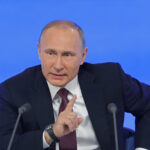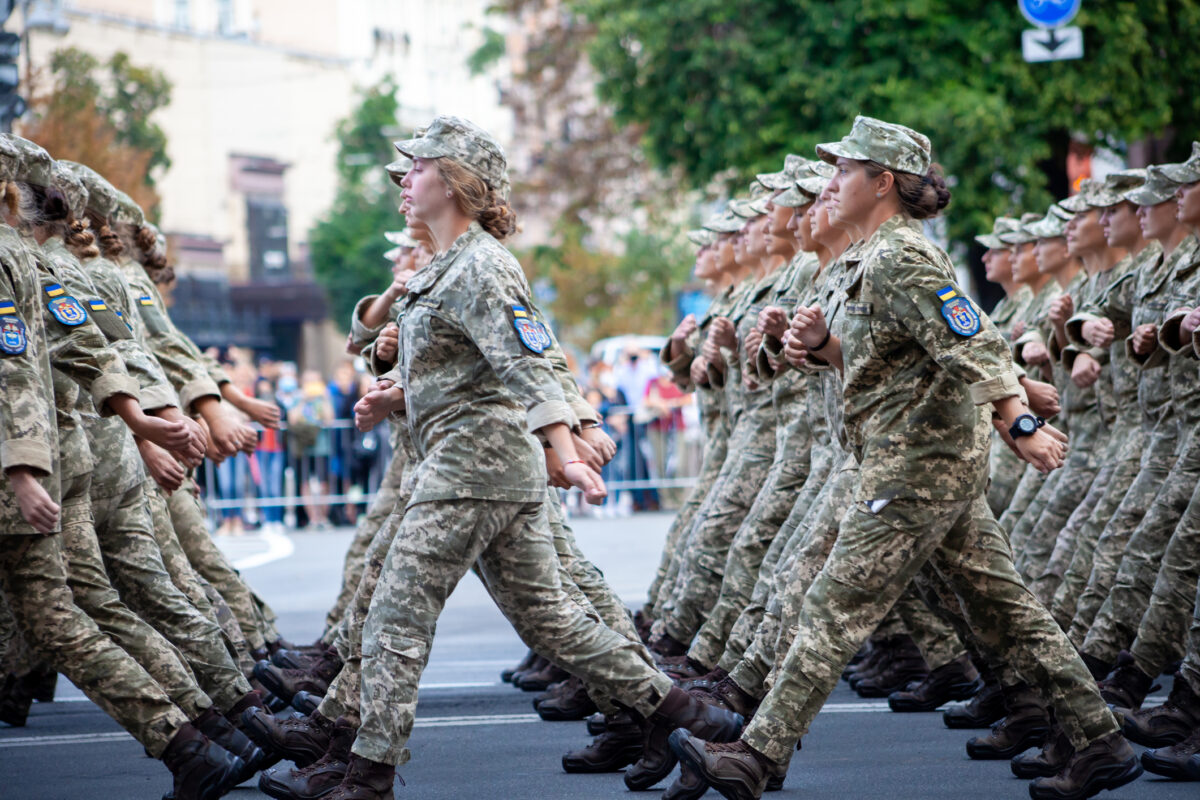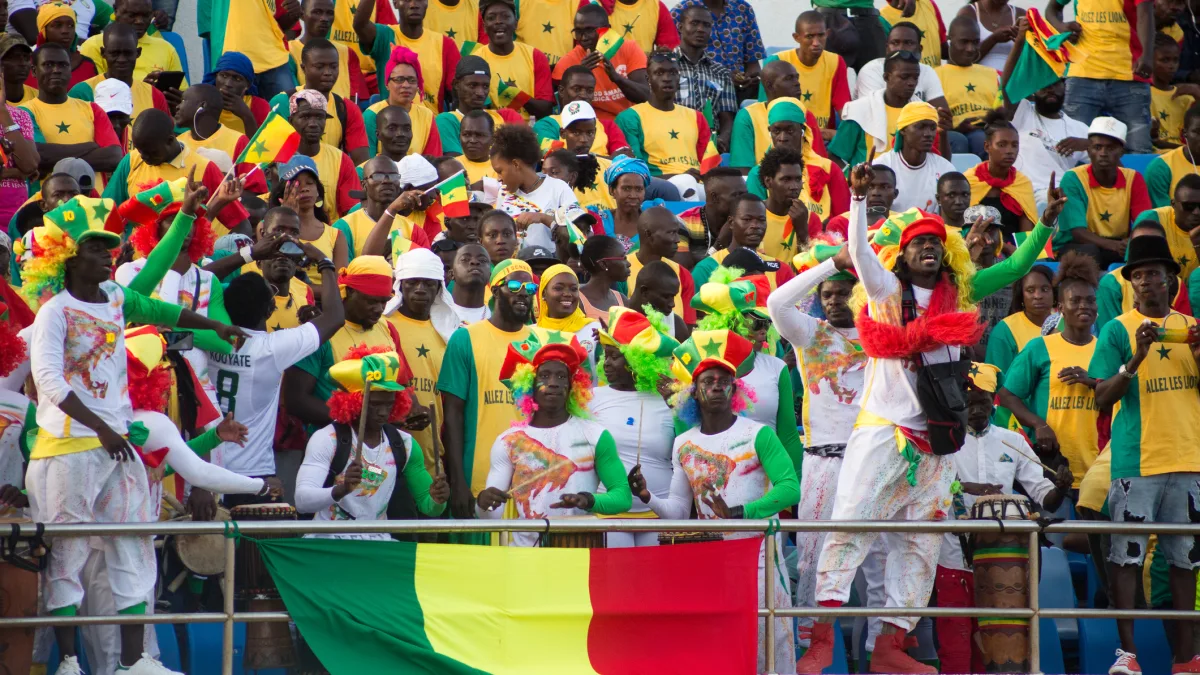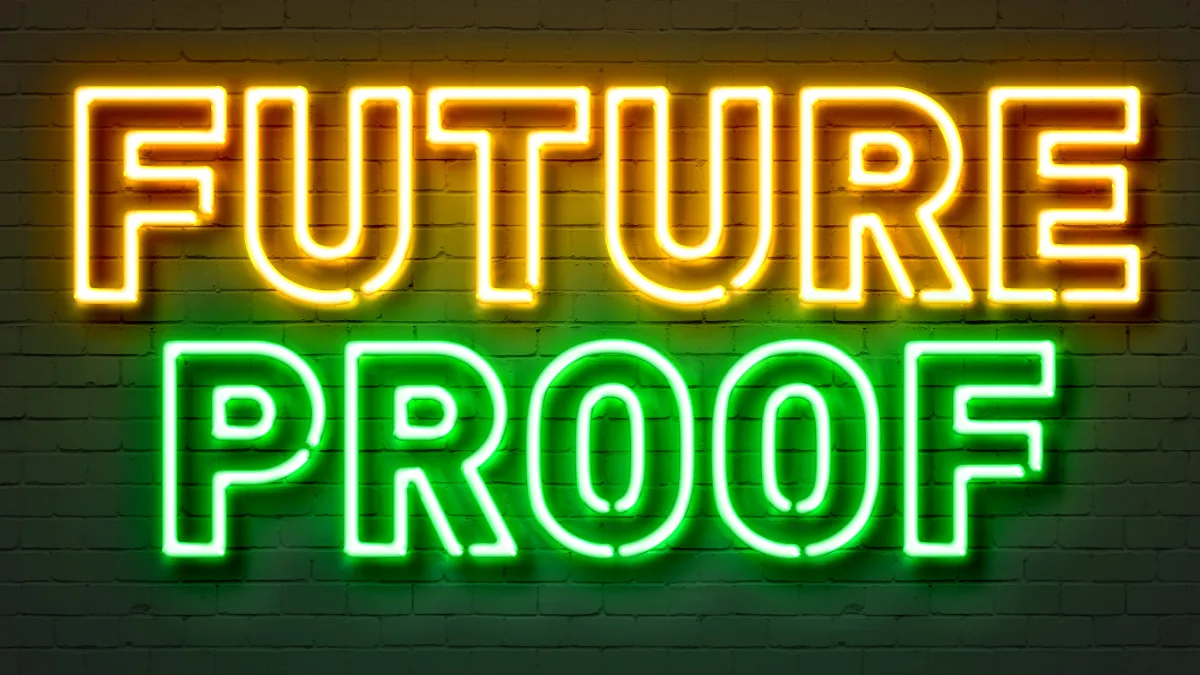Despite Russia’s relentless bombardment, Ukraine continues to reinvent itself as a modern European state, with its first Gender Equality Index demonstrating measurable progress in areas like civic engagement while exposing stubborn disparities in political representation. The benchmark, which measures gender gaps across six key domains, places Ukraine 20th among 28 countries when ranked alongside EU member states, with an overall score of 61.4 points compared to the EU average of 70.2.
“It is encouraging to see that Ukrainian results are not fundamentally different from the EU average,” says Olesia Bondar, director of the Ukrainian Women’s Fund, which developed the index. “This Index is proof that the country is not a stranger to Europe. We share the same values, and often, the same challenges.”
The index, modelled on the European Institute for Gender Equality’s methodology, represents a significant milestone in Ukraine’s European integration journey. Its completion during wartime signals the country’s determination to reinvent its institutions and governance even under the extreme pressures of Russia’s ongoing invasion.
Forced reinvention brings unexpected transformations
Ukraine’s performance varies considerably across the index’s six domains. The country outperforms the EU average in the Time domain, which measures gender equity in household and leisure activities. Notably, Ukraine would rank first among EU countries in civic engagement, with over 57 per cent of women and 54 per cent of men participating in volunteer or charitable work monthly—far exceeding EU norms.
The war has catalysed a profound reinvention of Ukrainian society in complex ways. While it has exacerbated some inequalities, such as access to employment and decision-making, it has also created opportunities in traditionally male-dominated sectors. “Ukrainian women have stepped into leadership and service roles at an unprecedented scale,” notes Bondar, “and I believe there will be no turning back after the war’s end.”
Yet significant gaps remain. The ‘Power’ domain shows the greatest disparity, with women comprising only 18.8 per cent of ministers and 20.5 per cent of parliamentarians. Among board members of Ukraine’s largest companies, just 21.3 per cent are women. Such figures reflect deeper structural issues that predate the war, including discriminatory attitudes toward female leadership and limited financial resources for women candidates in politics.
Institutional reinvention despite bombardment
The Ukrainian government has not allowed wartime conditions to halt institutional reinvention on gender equality. In June 2022, Ukraine ratified the Istanbul Convention on preventing violence against women. The government has also established the Platform for Gender Mainstreaming and Inclusion in Recovery and updated its National Action Plan for the implementation of UN Security Council Resolution 1325 on Women, Peace and Security.
Deputy Prime Minister Olha Stefanishyna frames these developments as critical to Ukraine’s future: “We understand that Ukraine’s success—regarding its fight for freedom, post-war recovery and strengthening as a democratic European state—depends on realising the potential of every citizen.”
The Gender Equality Index arrives at a pivotal moment in Ukraine’s EU accession process. In December 2023, negotiations formally opened following a positive assessment by the European Commission. Gender equality is referenced over 60 times in the Ukraine 2023 Report as part of the EU Enlargement policy, covering areas from democracy and fundamental rights to justice and enterprise policy.
Reinventing governance amid destruction
“The European Union we are moving towards aims to create a society of equal opportunities for women and men,” notes Government Commissioner for Gender Policy Kateryna Levchenko. “Currently, Ukraine’s Gender Equality Index stands at 61.4 points. To get closer to the EU average, it is essential to continue implementing a comprehensive gender equality policy that adheres to European standards.”
The challenge ahead lies in sustaining momentum for reinvention. While no EU country has achieved full gender equality, the EU average has improved from 63.1 to 71 points since 2010. Ukraine’s progress will depend not only on post-war recovery but on embedding gender equality considerations into reconstruction plans—something the European Commission has already prioritised in its Ukraine Facility Plan through mainstreaming gender equality in key reform areas.
As Bondar emphasises, “War does not pause progress, but tests it.” This reinvention under fire demonstrates Ukraine’s remarkable resilience and determination to build European institutions even as it fights for survival. With the Gender Equality Index now established as a benchmark, Ukraine has a powerful tool to track that progress through both war and eventual recovery.
Photo: Dreamstime.







